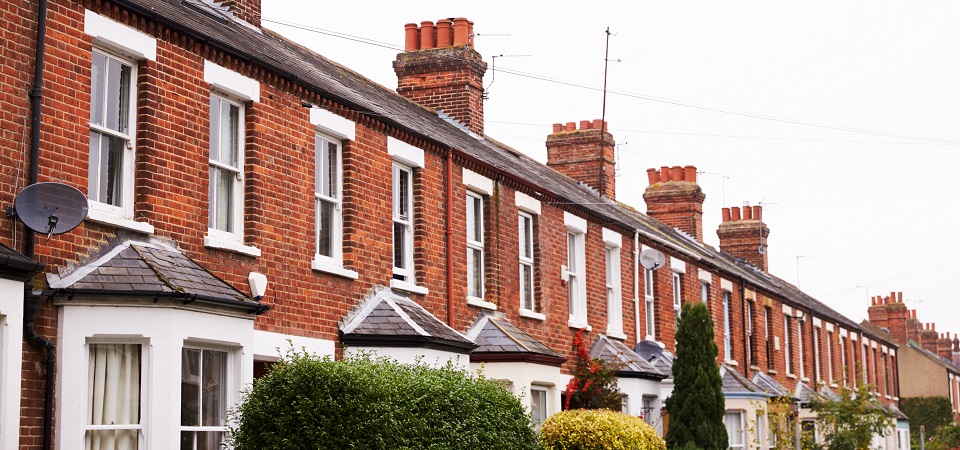If you own a leasehold property, the longer you have left on your lease the better. You may be experiencing problems selling your home if the lease only has a limited time left to run.
Mortgage providers are generally reluctant to approve applications from prospective buyers if there is not long left on a lease, making it tricky to sell your property. It may make sense to extend the lease, especially if you cannot afford to buy the freehold.
Often tenants negotiate the new terms with their landlord directly, however, if the landlord refuses to cooperate you need to be aware that you may be legally entitled, under statute, to a new lease for the remainder of the existing term of your lease, plus a further 50 years for a house or 90 years for a flat.
Do I qualify for a lease extension?
There are various factors however, the key considerations are that you must be a long leaseholder to qualify, broadly meaning you must have been granted a lease for a term of 21 years or more, and you also need to have owned your home for at least two years.
There are certain exceptions. You cannot extend your lease if your landlord is a charitable housing trust, if your lease has already expired, or if the lease has been extended in the past.
How much will it cost?
If you are extending the lease on a house you generally do not have to pay a premium, however, your ground rent may increase from the point at which your additional 50 year term commences, to a modern ground rent.
If you are looking to extend a lease on a flat, a premium will be payable to the landlord. The valuation criteria is complex and we suggest that you obtain expert advice at the outset.
The process
The process usually starts with you taking advice from a valuer to see what you can expect to pay for the extension. If you then want to proceed, the next step is to serve notice on the freeholder and potentially any other intermediate landlord.
Serving notice lets the landlord know that you would like to take a new lease and creates a contract between landlord and tenant. At this stage, you become responsible for the landlord’s costs, including valuation costs and their legal fees.
Following this, the landlord should serve a counter notice within two months, stating whether they accept your right to extend your lease.
Agreeing terms
You are entitled to a lease extension of 50 years for a house, or 90 years on a flat, in addition to the unexpired term on your original lease. However, you may have managed to negotiate a better deal with the landlord for a longer term.
If you have managed to agree terms with your landlord, WHN has a specialist department which can guide you through the process and ensure that the new lease reflects what was agreed.
If the landlord refuses to grant you a new lease, our experts can assist and advise in connection with how you can exercise your statutory right. We specialise in service of the relevant notices.
If the terms cannot be agreed, or if your landlord refuses your right to extend your lease, then you can make an application to the First Tier Tribunal where the terms and price can be decided. We can prepare the necessary application and take conduct of this process on your behalf.
Extending a lease can be a lengthy and complex process. It is essential to seek specialist legal advice from the outset.
For further advice on extending the lease on your house, your flat, or any other landlord and tenant matter, call Eleanor Longworth on 0161 761 4611 or email her at eleanor.longworth@whnsolicitors.co.uk















